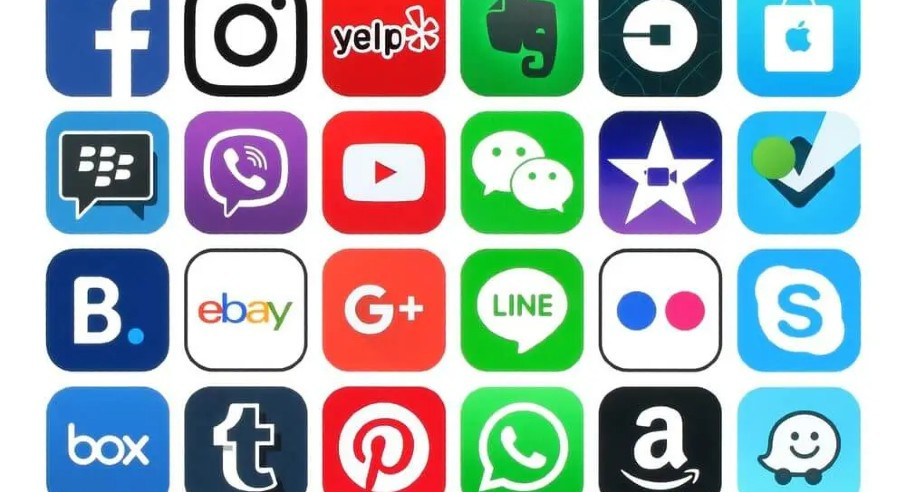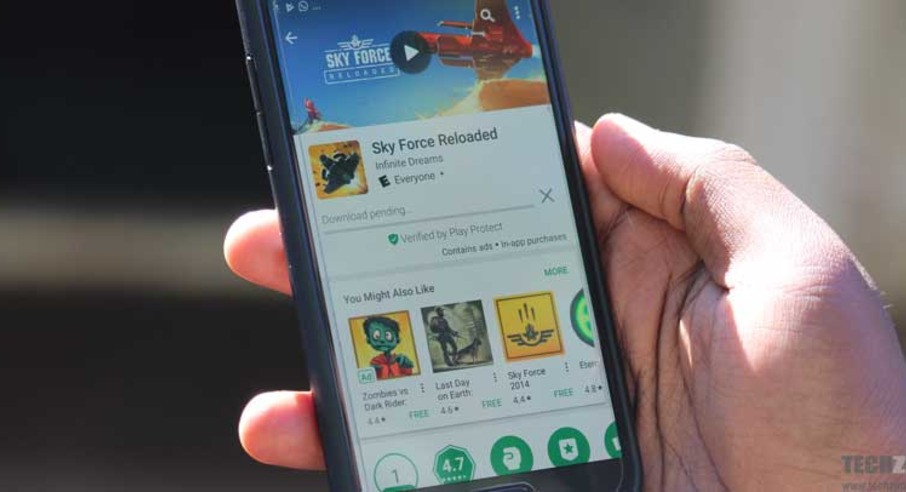
Unveiling the True Cost of Free Apps: How They Benefit at Your Expense
In an era where digital convenience is king, the allure of free apps is undeniable. With millions of options at our fingertips, the thought of paying for a mobile application seems almost archaic. However, these free apps are not truly "free." They are intricately designed to engage users in a way that often results in a cost far greater than monetary value. From subscriptions to ad revenue and the collection of personal data, let's delve into how free apps have reshaped the economics of the digital world and what it means for users like you and me.
The Business Model Behind Free Apps
The vast majority of applications today adopt a model that removes the initial monetary barrier, opting instead for revenue through subscriptions, in-app purchases, and ad placements. This strategy is predicated on the belief that once a user is engaged with an app, they are more likely to invest money to enhance their experience or to access premium features. The statistics are telling: a staggering 96% of apps in major digital stores are offered for free, underscoring the success of this approach. But what does this mean for developers and users alike?
- Subscriptions and In-App Purchases: These are the cornerstone of many free apps' revenue strategies. By offering a taste of what the app can do, developers entice users to spend money to unlock full functionalities or enjoy an ad-free experience.
- Advertisement Revenue: Ads are a straightforward way for free apps to generate income. The more users an app can attract, the more valuable its ad space becomes. However, this often leads to an intrusive ad experience for many users.
- Collection and Sale of User Data: Many apps collect user data under the guise of improving services. This data can be incredibly valuable, especially when sold to third parties interested in targeted advertising.
The Price of Free: User Experience and Privacy at Stake

While free apps may not cost money upfront, they do extract a price in other ways. The user experience is often compromised with frequent ads that disrupt the flow of engagement. In addition, the push towards in-app purchases can make the app feel less like a tool and more like a continual sales pitch. Furthermore, the collection and potential sale of personal data raise significant privacy concerns. These practices highlight a fundamental shift in how app developers and companies view their users: not just as customers, but as sources of continuous revenue and data.
The Impact of Data Collection on Privacy
The collection of user data has become a pivotal, yet controversial, aspect of the free app ecosystem. While some data collection is necessary for functional improvements, the extent and nature of this collection often go beyond what is required. This not only infringes on user privacy but also raises questions about the security of this data against breaches and misuse. The value of user data in the digital economy cannot be overstated, with detailed user profiles enabling highly targeted advertising that many find intrusive and unwarranted.
Navigating the Free App Landscape: Strategies for Users

Given the pervasive nature of free apps and their underlying costs, it's essential for users to navigate this landscape with awareness and caution. Here are some strategies to consider:
- Read the Fine Print: Before downloading an app, take the time to read its privacy policy and terms of service. This can provide insight into how your data will be used and what permissions the app requires.
- Limit Permissions: Only grant app permissions that are necessary for its function. Be cautious of applications that ask for access to confidential data or features without a justified reason.
- Consider Paid Alternatives: In some cases, paying for an app upfront can offer a better overall experience, free of ads and aggressive data collection practices.
- Stay Informed: Stay informed about the latest news and updates concerning app privacy and security. Being knowledgeable enables you to make educated choices about which apps to rely on and endorse.
In conclusion, while the allure of free apps is undeniable, it's crucial to recognize the trade-offs involved. By understanding the economics of free apps and adopting a mindful approach to app usage, individuals can protect their privacy and enhance their digital experience. The digital marketplace continues to evolve, and as users, our awareness and choices can influence the direction towards a more transparent and user-friendly ecosystem.
